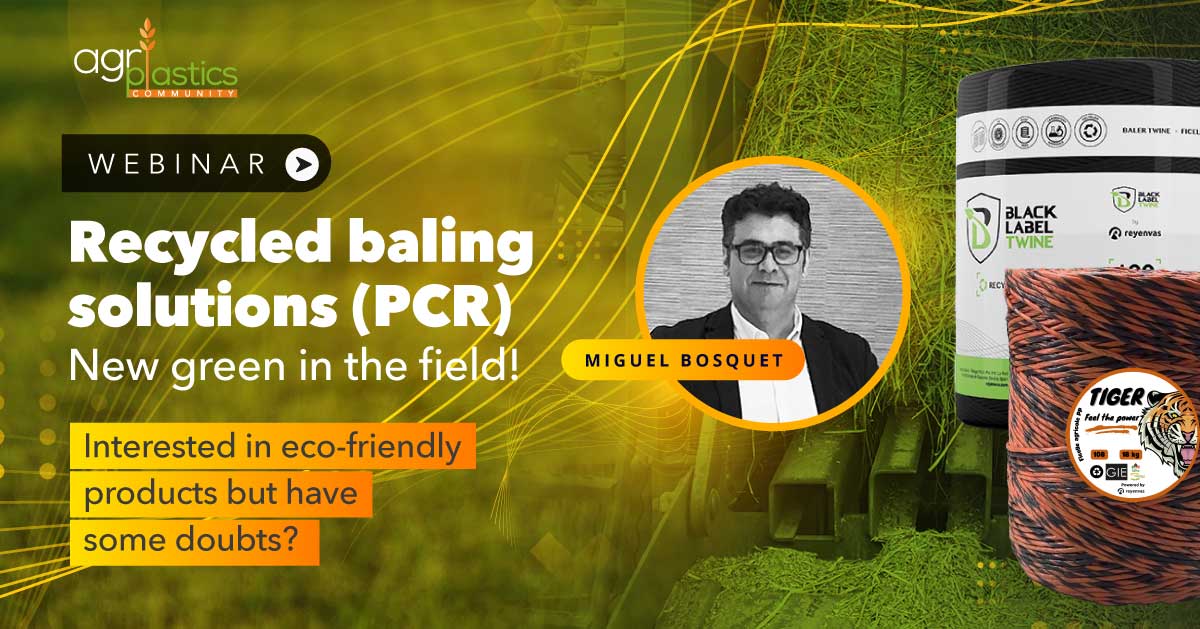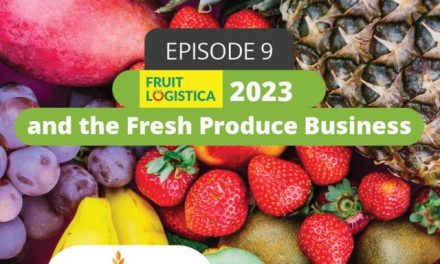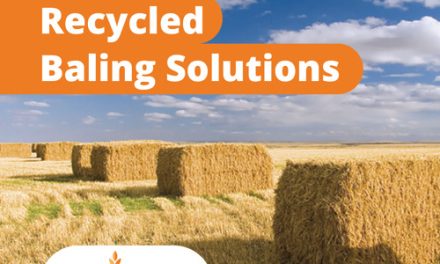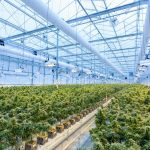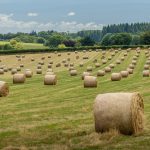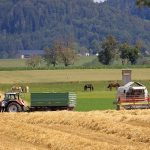
How agriculture has evolved to reduce pesticide use and expenses

Today, the biggest questions in agriculture could be how to optimize the crops and how to improve the quality of the harvest. Technological advances and different studies have been carried out to solve these issues, for example, looking for evolving in search of a higher yield from the land by reducing pesticide use. We will dedicate this post precisely to offer more details regarding this concern.
A few years ago, one of the biggest concerns of farmers was the never-ending search for options to make their crops increasingly productive and to take better advantage of the land available for planting. Techniques have come and gone throughout time, among which the use of pesticides has been one of the most popular ones, since it offered a viable option to prevent plantations from suffering the hardships of microorganisms typical of nature or to be threatened by weeds or other unwanted herbs that could grow near plants and fruits.
While this technique was quite effective since its inception, at the same time it did not represent one of the most economic options, and in time it was necessary to invest a greater capital to meet production needs due to the continuous growth of the population. For that reason, researchers in the industry looked for alternatives to achieve greater profitability from the crops decreasing the use of pesticides, which ended up emphasizing the advances made in the production of agriculture plastics.
The evolution of agriculture in terms of pesticide use:
Using agricultural plastic films is relatively new, however, they have been gaining the acceptance of producers due to their great benefits that not only help improve the quality of soils and fruits, but also help reduce the use of pesticides, which in the long term translates into considerable savings of capital, as well as products that are sustainable and increasingly free of these substances.
In this sense, the technology used in the manufacture of plastics has become increasingly more sophisticated, which has allowed producing films with very specific properties for every need (climatic conditions, geographical location, type of cultivation, among others).
Another of the innovations in agriculture implies the application of fertilizers to a greater depth in the soil to reduce the amount of nitrogen that can be expelled during the rainy period. The ideal depth would be at least 10 centimetres below the surface, which would help increase the yield of the crop and use a smaller amount of fertilizer.
Carrying out agricultural production work without having to use a large quantity of machinery and mechanical equipment is also one of the innovations in agriculture that emerges as an alternative to reduce the use of pesticides, as the soil can respond in a better way and offer more satisfactory results since this is a less invasive process. The soil tends to erode less, and rainwater can be better used. Besides, the cost of fuel consumption is reduced as well, resulting in a lower impact of the environmental footprint and a decrease of carbon emission levels through carbon dioxide and nitrous oxide.
Agriculture should always meet the challenges of new trends. However, when the practice can reinvent itself and the improvements arising from the continuous work of researchers in the industry are seen in a positive light, it is increasingly easier to follow those trends and do well in the face of unpredictable hardships. The result of using fewer pesticide substances will translate into the recovery of the land, which will make it more fertile and produce healthier crops.

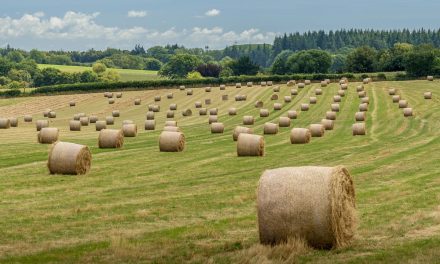
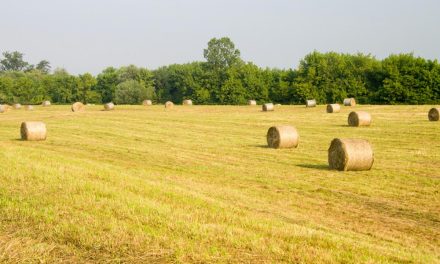
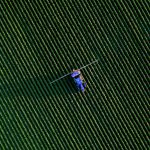
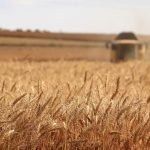
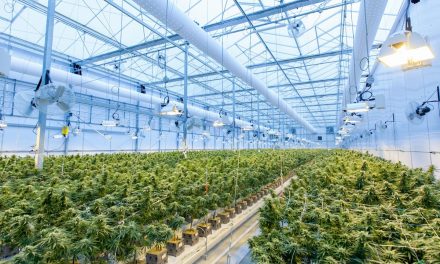
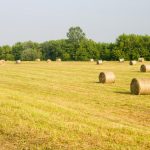

![[eBook] Sustainability and water management](https://agriplasticscommunity.com/wp-content/uploads/8_550x310_ENG-440x264.png)
![[eBook Trends in Agriculture Plastics] Increasing use of biodegradable mulch](https://agriplasticscommunity.com/wp-content/uploads/550 × 310_2_ENG-150x150.png)
![[eBook Trends in Agriculture Plastics] Reducing the plastic used in the manufacture of agricultural films](https://agriplasticscommunity.com/wp-content/uploads/550 × 310_1_ENG-150x150.png)



